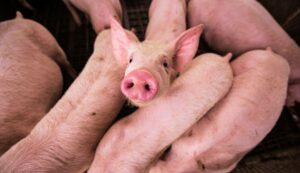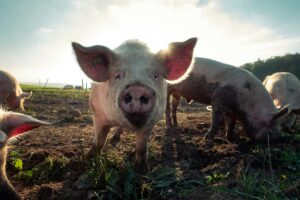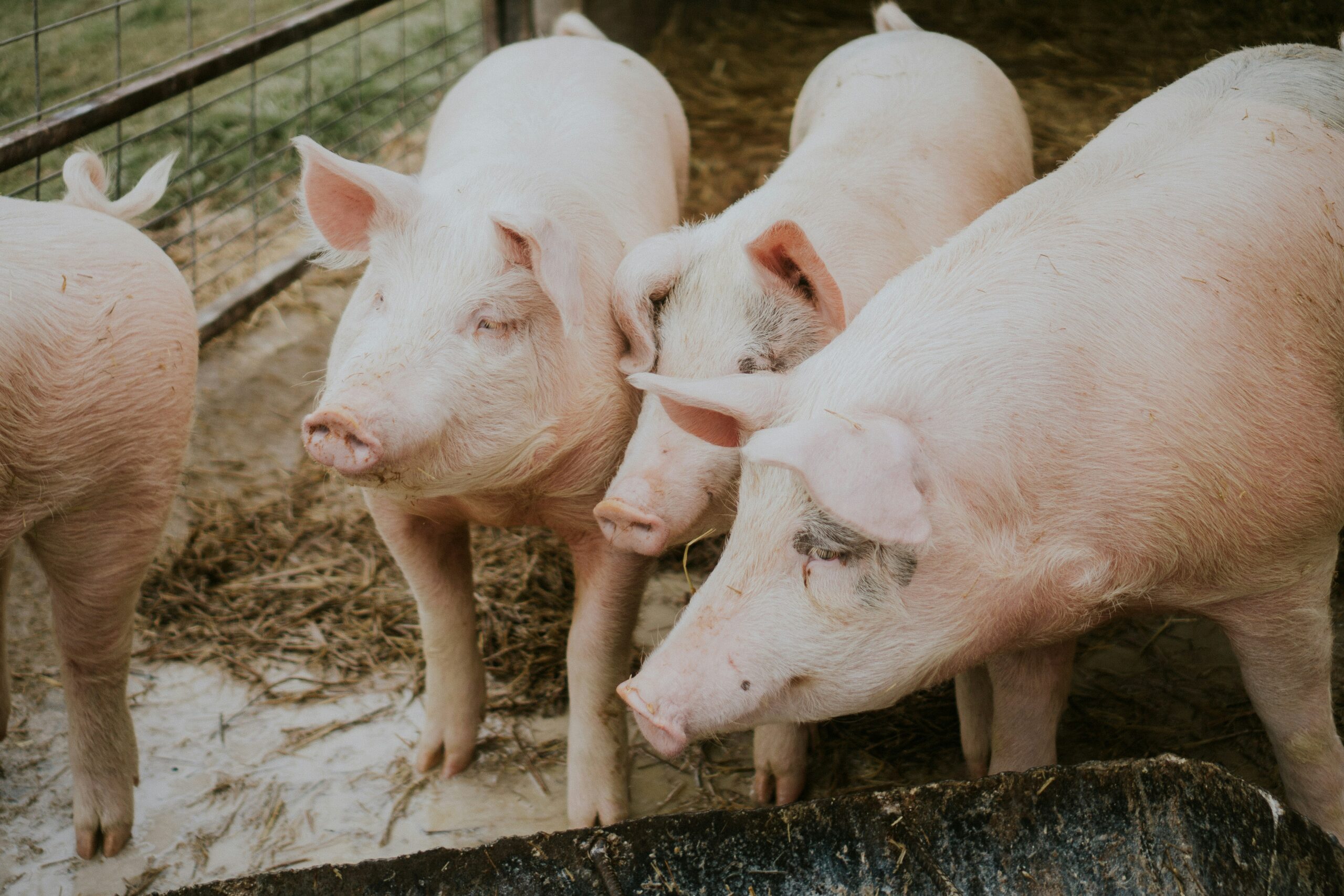African Swine Fever (Afrika Varkpes) poses a significant threat to both domestic and wild pigs, with no vaccine currently available against this highly contagious viral disease. The Department of Agriculture in the Western Cape has confirmed an outbreak of African Swine Fever in George, leading to the imposition of quarantine measures in the Groeneweidepark area.

Occurrences and Response Strategies:
South Africa has grappled with sporadic ASF outbreaks over the years, prompting swift response efforts from agricultural authorities. Past containment strategies included mass culling of infected animals, movement restrictions, and heightened biosecurity protocols on affected farms.
Factors contributing to the Current African Swine Fever Outbreak:
The current ASF outbreak in South Africa can be attributed to a confluence of factors, including inadequate biosecurity practices, porous borders, and the presence of wild boar populations acting as reservoirs for the virus. Additionally, lapses in surveillance and diagnostic capabilities may have contributed to delayed detection and response.
Consequences of the Outbreak:
The consequences of the ASF outbreak are far-reaching, encompassing economic, social, and environmental dimensions. Losses incurred due to culling of infected animals, trade restrictions, and market disruptions have dealt a severe blow to pig farmers’ livelihoods. Moreover, the potential spread of ASF to other regions poses a significant threat to the entire swine industry.
Identification and Management in Piggeries:
Early detection is paramount in controlling ASF outbreaks within piggeries. Farmers should remain vigilant for symptoms such as fever, lethargy, and hemorrhagic lesions in their livestock. Regular monitoring, coupled with diagnostic testing, can facilitate prompt intervention and containment of the virus.

Dealing with ASF as a Pig Farmer:
As a pig farmer, navigating the challenges posed by ASF requires a proactive and multifaceted approach. Implementing robust biosecurity measures, including strict farm hygiene protocols, restricting farm access, and sourcing pigs from certified suppliers, can help minimize the risk of ASF transmission.
Containment and Prevention Strategies:
In the event of an ASF outbreak, swift and decisive action is essential to contain its spread and mitigate further losses. Farmers should immediately report suspected cases to veterinary authorities, who can facilitate diagnostic testing and implement quarantine measures. Culling infected animals, coupled with thorough disinfection of premises and equipment, is crucial in halting the virus’s transmission.
In the event of purchasing pigs, it is of the utmost importance that the buyer only buys from reputable owners. These pigs should be separated from the rest of the piggery and the buyer should insist on a health certificate from their veterinarian. All this must be in place before the pigs are moved.
Conclusion:
The outbreak of African Swine Fever in South Africa represents a formidable challenge to the country’s pig farming industry. By identifying contributing factors, and implementing proactive containment measures, stakeholders can work together to mitigate the impact of this crisis. Through collective vigilance, resilience, and cooperation, we can overcome the challenges posed by ASF and safeguard the future of South Africa’s agricultural sector.
Read the official article here: https://www.westerncape.gov.za/news/african-swine-fever-asf-outbreak-pigs-george

